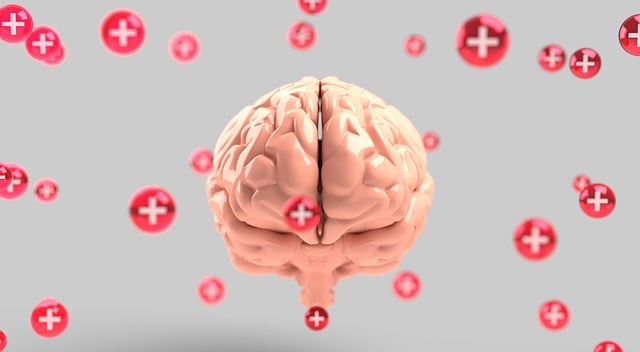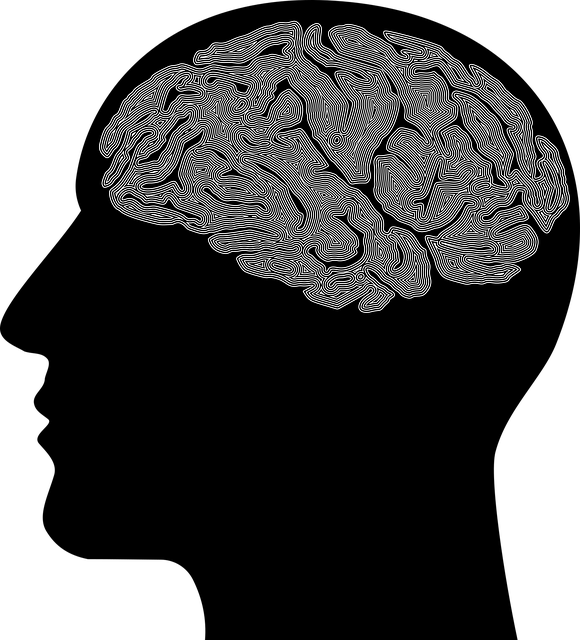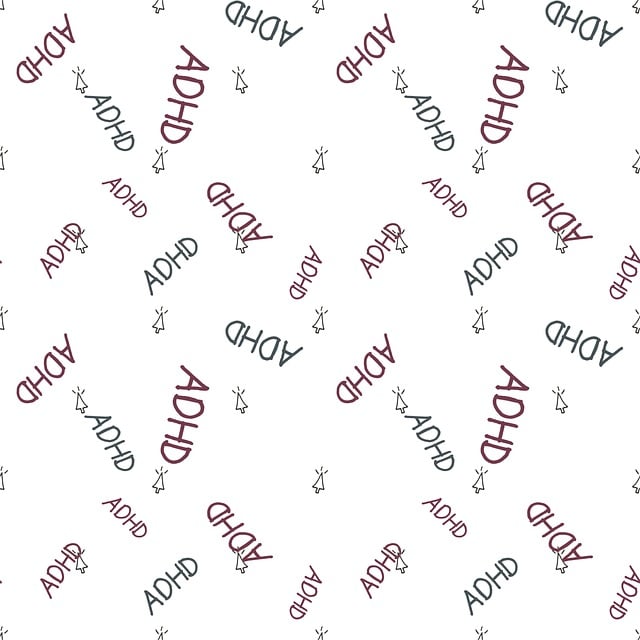Mental wellness journaling, integrated with Christian counseling, offers adolescents a safe space to explore thoughts and emotions through expressive writing. Regular structured routines, guided by effective prompts, enhance self-awareness, emotional regulation, and positive thinking. This approach complements traditional therapy, fostering resilience, improving coping mechanisms, and aligning with teens' spiritual backgrounds for overall well-being.
Unwind and discover the transformative power of mental wellness journaling for adolescent teens with this comprehensive guide. In today’s fast-paced world, dedicated self-reflection is crucial for navigating life’s challenges.
This article explores how expressive writing through Christian counseling techniques can enhance emotional intelligence and overall well-being. Learn about establishing a structured journaling routine, effective prompts, and topics tailored to the unique needs of teens seeking therapy.
- Understanding Mental Wellness Journaling for Teens
- The Benefits of Expressive Writing in Christian Counseling
- Creating a Structured Journaling Routine
- Effective Prompts and Topics for Journaling Exercise
Understanding Mental Wellness Journaling for Teens

Mental wellness journaling is a powerful tool for adolescent teens seeking therapy and Christian counseling. It’s a safe space to explore thoughts, emotions, and experiences without judgment. By putting pen to paper, teens can gain valuable insights into their mental health, fostering self-awareness and positive thinking. This practice encourages them to reflect on daily events, process complex feelings, and even develop effective conflict resolution techniques.
Journaling offers a creative outlet for expression, allowing teens to communicate their innermost thoughts and work through challenging situations. It can help in building healthy communication strategies, both internally and with others. Through regular journaling exercises, adolescents can learn to identify triggers, manage stress, and cultivate resilience, ultimately contributing to improved overall well-being.
The Benefits of Expressive Writing in Christian Counseling

Expressive writing has emerged as a powerful tool within Christian counseling, offering significant benefits for adolescent teens seeking therapy. By encouraging individuals to articulate their thoughts and emotions through journaling or written reflection, counselors can facilitate a deeper exploration of personal experiences and beliefs. This process allows teens to gain valuable insights into their mental wellness journey, fostering self-awareness and emotional regulation skills.
In the context of Christian counseling, expressive writing provides a safe space for individuals to express themselves spiritually while receiving support from a faith-based perspective. It can help adolescents make sense of complex emotions, process traumatic events, and develop healthier coping mechanisms. Moreover, cultural sensitivity in mental healthcare practice is enhanced when counselors integrate expressive writing techniques, allowing them to offer personalized guidance that aligns with the client’s values and beliefs, including those shaped by their religious or spiritual backgrounds. This approach not only improves therapeutic outcomes but also ensures a comprehensive risk assessment and crisis intervention strategy for vulnerable teens.
Creating a Structured Journaling Routine

Creating a structured journaling routine can significantly enhance mental wellness for adolescent teens, offering a safe space for self-reflection and emotional regulation. This practice, often recommended by Christian counselors, serves as a therapeutic tool to process daily experiences, emotions, and thoughts. By dedicating a consistent time each day—whether it’s before bed or upon waking—teens can develop a habit that fosters mental clarity and resilience.
Structured journaling encourages teens to explore their feelings, track progress in therapy, and identify patterns in their emotional responses. Through guided prompts tailored for adolescent concerns, they learn to express themselves honestly, gain new insights, and develop coping strategies. This routine becomes an investment in their mental wellness journey, complementing traditional Christian counseling methods by providing a personal, private record of self-discovery and growth.
Effective Prompts and Topics for Journaling Exercise

Effective prompts are key to unlocking the benefits of journaling for mental wellness. Teenagers undergoing Christian counseling can find solace and guidance in exploring prompts that encourage self-reflection, emotional expression, and positive mindset shifts. Topics such as “What am I grateful for today?” cultivate compassion cultivation practices by fostering appreciation for life’s blessings. “Describe a time you felt strong” can spark discussions on inner strength development, helping teens recognize their own resilience.
Journaling exercises that delve into past experiences, like “Recall a moment when you felt understood,” can support emotional healing processes by processing and releasing emotional baggage. Prompts focused on setting intentions for the future, such as “What one positive change do I want to make this week?”, empower teens to take proactive steps towards well-being. Remember, the right prompts can transform journaling from a chore into a powerful therapy for adolescent teens.
Mental wellness journaling can be a powerful tool for therapy among adolescent teens, particularly within the context of Christian counseling. By incorporating expressive writing practices into their routine, teens can enhance emotional awareness and develop healthier coping mechanisms. The structured approach detailed in this article—from understanding the concept to providing effective prompts—equips both counselors and teens with the necessary guidance to embark on a journey of self-discovery and growth. For parents and caregivers seeking alternative methods to support their teen’s mental health, especially within a Christian framework, this practice offers a simple yet profound way to foster resilience and well-being.








